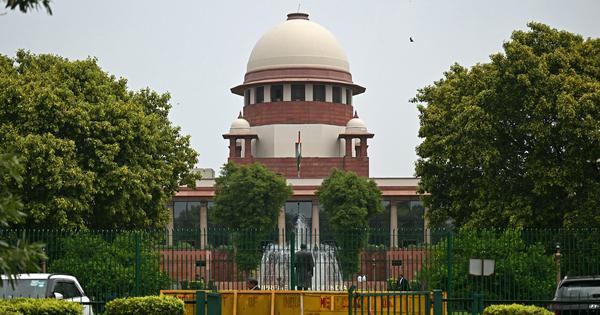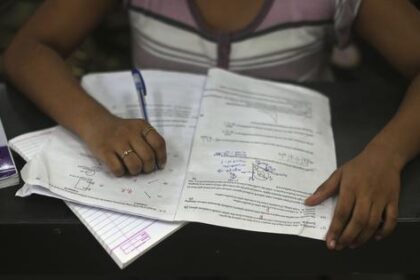Supreme Court mandates dignified living conditions in state-run beggars’ homes across India.
The Supreme Court has clarified that state-run beggars’ homes should not be viewed as acts of “discretionary charity” but must adhere to constitutional morality. In a judgement delivered on Friday by a bench comprising Justices JB Pardiwala and R Mahadevan, the court instructed all states and Union Territories to ensure that these facilities provide dignified living conditions within a six-month timeframe.
This ruling arises from a case linked to a tragic incident in 2000 at a beggars’ home in Delhi, where contaminated water resulted in a cholera and gastroenteritis outbreak, leading to numerous fatalities and widespread illness. The court emphasized that failing to maintain humane conditions in these homes does not simply reflect poor administration; it constitutes a violation of the fundamental right to life with dignity, as enshrined in the Constitution.
Furthermore, the bench pointed out that constitutional protections, including the right to live with dignity, extend even to prisoners, highlighting that individuals residing in beggars’ homes are not offenders. Many of them are victims of systemic issues such as structural poverty, mental illness, abandonment, domestic violence, caste discrimination, or social exclusion.
In light of these considerations, the court mandated that the administration of these facilities must embody the values of constitutional morality, which includes ensuring liberty, privacy, bodily autonomy, and dignified living conditions for all residents. The Supreme Court’s directives encompass several key measures aimed at improving the living standards in beggars’ homes.
These include requirements for mandatory medical screening within 24 hours of admission, regular monthly health check-ups, and the establishment of disease surveillance systems to monitor health conditions. Additionally, states and Union Territories have been instructed to guarantee access to clean drinking water, functional toilets, proper drainage systems, and routine pest control measures.
Moreover, the court directed that children found begging should be placed in child welfare institutions rather than in beggars’ homes, recognizing the unique needs and rights of minors. The Ministry of Social Justice and Empowerment has been tasked with formulating and notifying model guidelines in accordance with these directives within three months, aiming to foster an environment that respects the dignity and rights of all individuals in such facilities.








